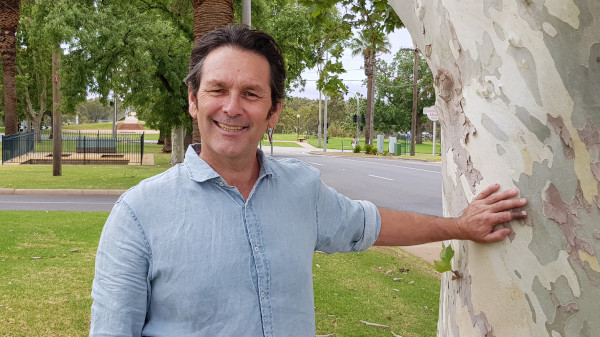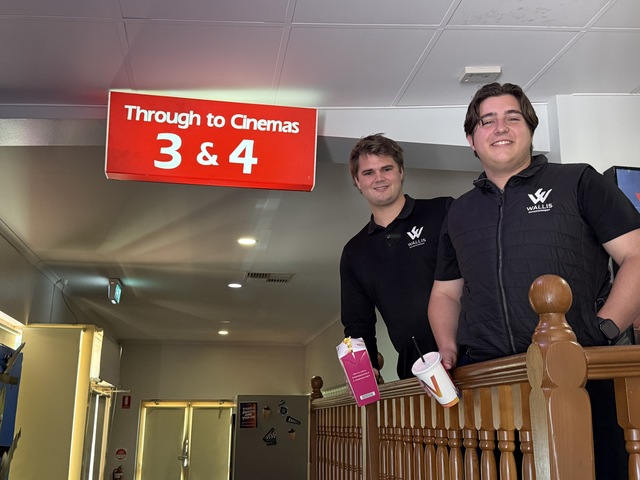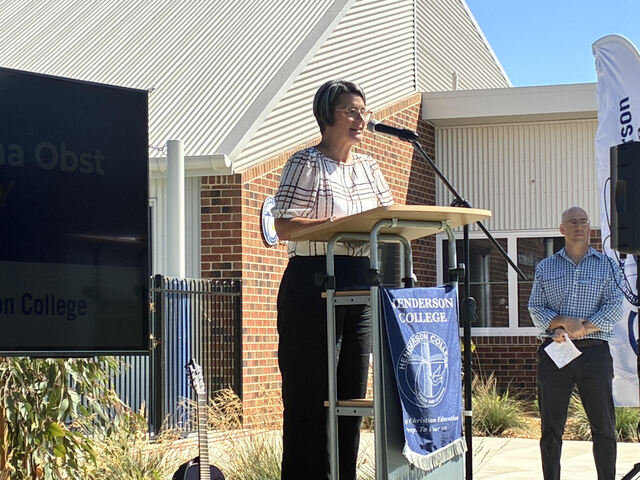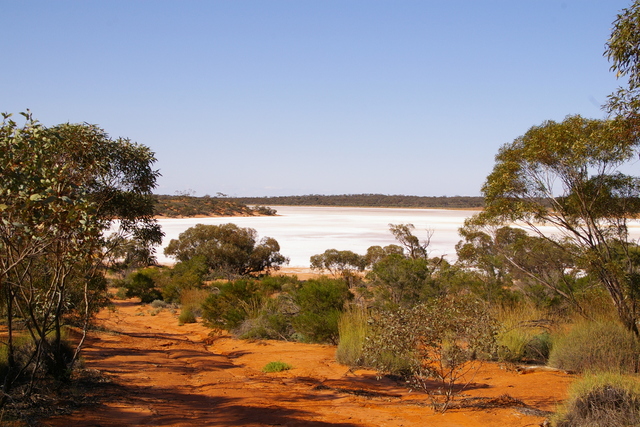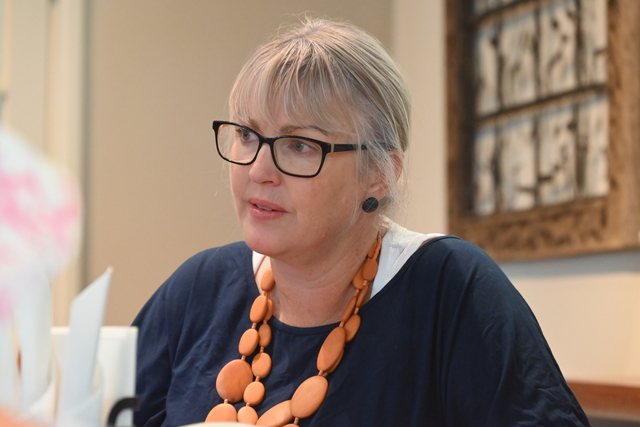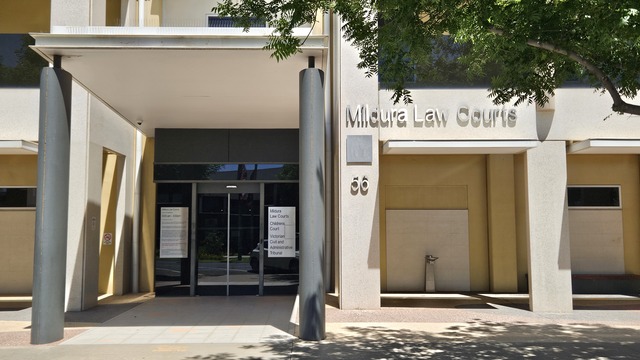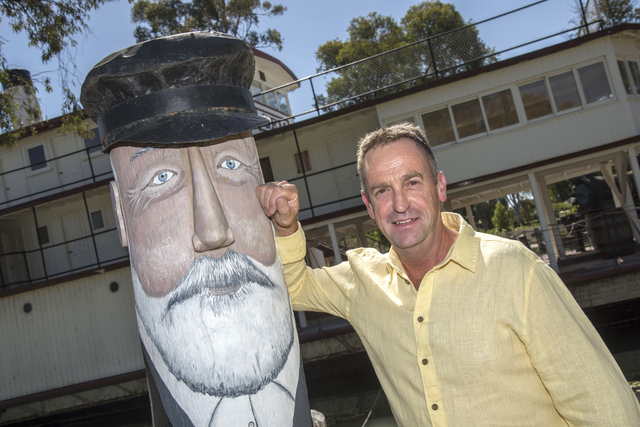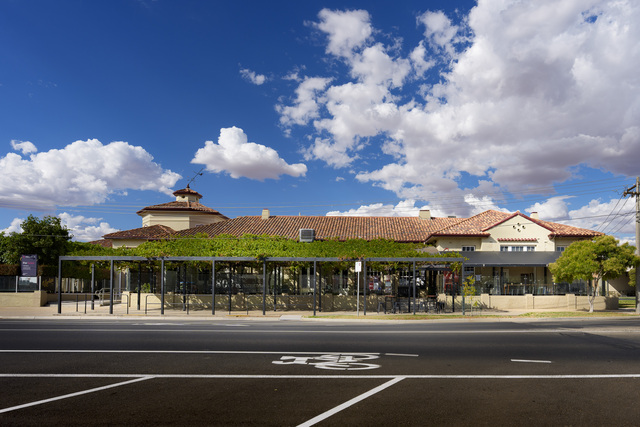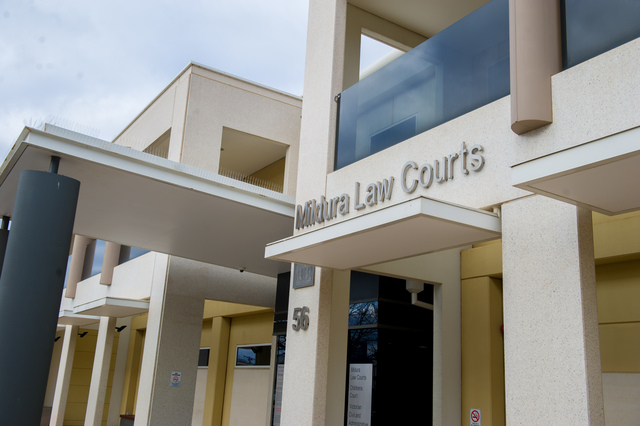MILDURA Rural City Council is one of 46 Victorian councils to sign on to the largest-ever emissions reduction project by local governments in Australia.
The Victorian Energy Collaboration (VECO), led by Darebin City Council in Melbourne’s north, will provide 45 per cent of all Victorian councils’ electricity requirements with 100 per cent renewable power, reducing greenhouse emissions by 260,000 tonnes of carbon dioxide equivalent every year.
Provided by Red Energy, the 240 gigawatt hours of clean power is equivalent to powering 48,000 homes with renewables or removing the emissions from 90,000 cars every year.
Initiated by and facilitated with Victorian Greenhouse Alliances, the project will reduce each council’s current energy bills and reduce electricity prices by using clean renewable energy generated in Victoria.
By joining the project, Mildura Rural City Council will power 100 per cent of its total electricity use with 100 per cent renewables, including all buildings, facilities and public and street lighting.
Mildura Mayor Jason Modica said VECO represented a landmark moment, not just for Victoria, but nationwide in emissions reduction by local government.
“We’ve already made significant progress at a local level in cutting operating costs and greenhouse emissions through the installation of over 600 kilowatts in solar PV on our buildings and facilities,” Cr Modica said.
“But, by joining VECO, we’re taking this to a new level.
“As a VECO partner we will further slash our operating costs, but importantly, we’ll make a much bigger dent in our greenhouse emissions by using 100 per cent renewable electricity,” he said.
Red Energy will provide 240GWh of electricity per year to the 46 councils in the VECO purchasing group over nine-and-a-half years, beginning on July 1.
Red Energy is a 100 per cent Australian-owned and operated energy retailer based in Melbourne.
The renewable energy will be provided by two wind farms in Victoria – Dundonnell near Mortlake, which started exporting power to the grid in March 2020, and Murra Warra II near Horsham, which began construction last September and is expected to be fully operational by June 2022.

